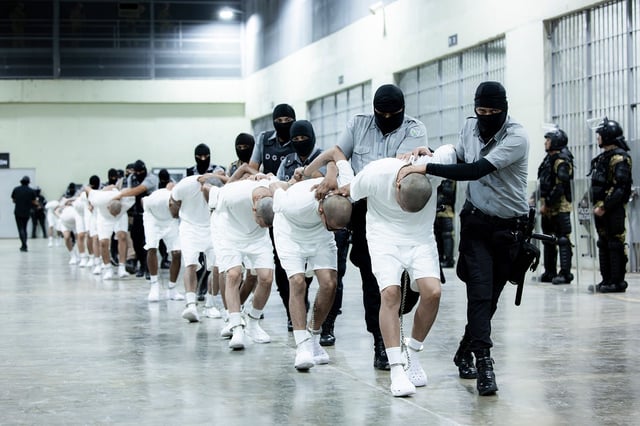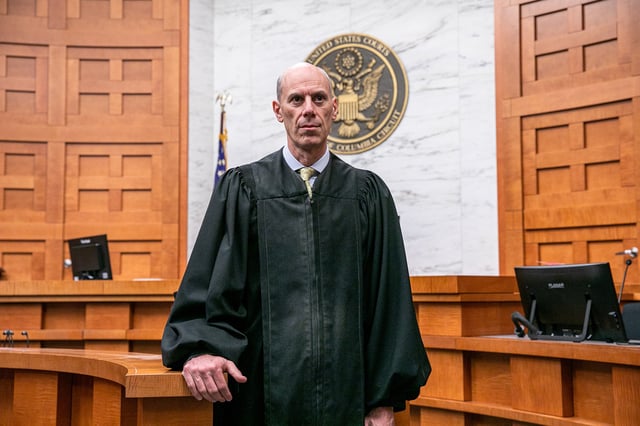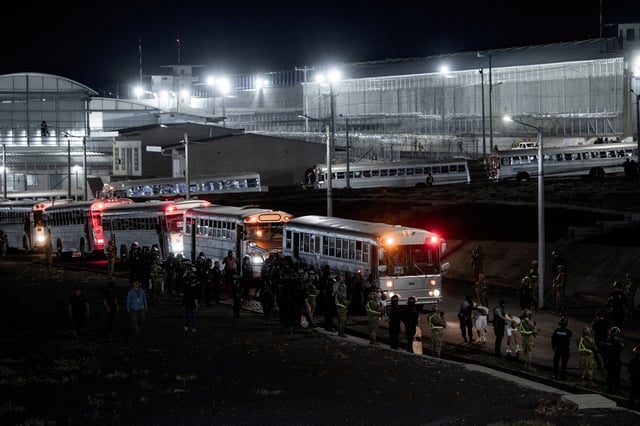Overview
- President Trump invoked the Alien Enemies Act of 1798 to deport Venezuelan migrants alleged to be gang members, bypassing standard legal processes.
- U.S. District Judge James Boasberg issued an order halting the deportations, but the administration allowed the flights to proceed, citing jurisdictional arguments.
- Supreme Court Chief Justice John Roberts publicly rebuked Trump's call for Boasberg's impeachment, emphasizing judicial independence and the appellate process.
- The Justice Department has resisted providing flight details to the court, citing national security, as legal debates over executive authority intensify.
- The case highlights broader concerns about the balance of power between the executive and judicial branches, with potential constitutional implications.



